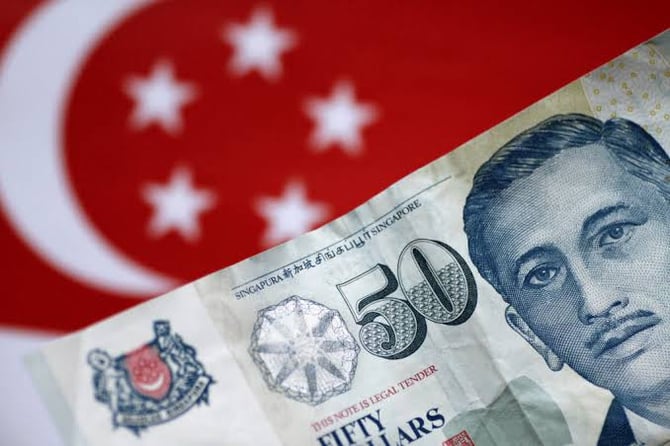Singapore to Freeze Bank Accounts Amid $860 Million Scam Surge
Singapore has rolled out tougher anti-scam measures, giving police the authority to seize bank accounts and block money transfers if they suspect someone is the victim of a scam, including FOREX and crypto-related scams.
The move follows a worrying surge in fraud, with scam-related losses hitting a record $860 million in 2024, more than doubling from around 15,600 reported cases in 2020 to over 50,000 this year.
Under the new Protection from Scams Act, banks can be ordered to block transfers, ATM access, and credit services for suspected scam victims, even if the account holder insists they’re not being conned.
Police can impose these restrictions for 30 days at a time, with up to five extensions allowed if needed. Victims retain limited access to their funds for essential spending, but the authoritiestightly control all transactions.
The law, passed earlier this year, has sparked debate. Some lawmakers have flagged concerns over privacy and abuse of power, suggesting alternatives like letting people nominate someone they trust to monitor transactions.
What Does This Mean for Me?
But officials argue the rapid rise in scams, from retail trading scams to job and investment fraud to internet romance cons, warrants stricter controls to protect the public.
Singapore’s government has already introduced measures like digital account locks and emergency “kill switches” to help consumers respond to fraud attempts. The new law escalates the fight against scams, which have become a growing economic risk for one of Asia’s wealthiest financial hubs.

More News

Cryptocurrency market slides as Bitcoin hits two-month low and total market value falls below $3 trillion
.webp)
Crypto Had the Tailwinds, So Why Is It Still Falling?

What Does the Binance Landmark ADGM License Mean?
.WEBP)
Bitcoin Slides Below $80,000 as Risk Appetite Evaporates

Crypto Turmoil Finds New Drivers as Bitcoin Struggles to Rebound
.WEBP)
Bitcoin Stable After Sharp Selloff Erases 2025 Gains

Bitcoin Rallies as US Shutdown Sends Traders to Safe Havens
